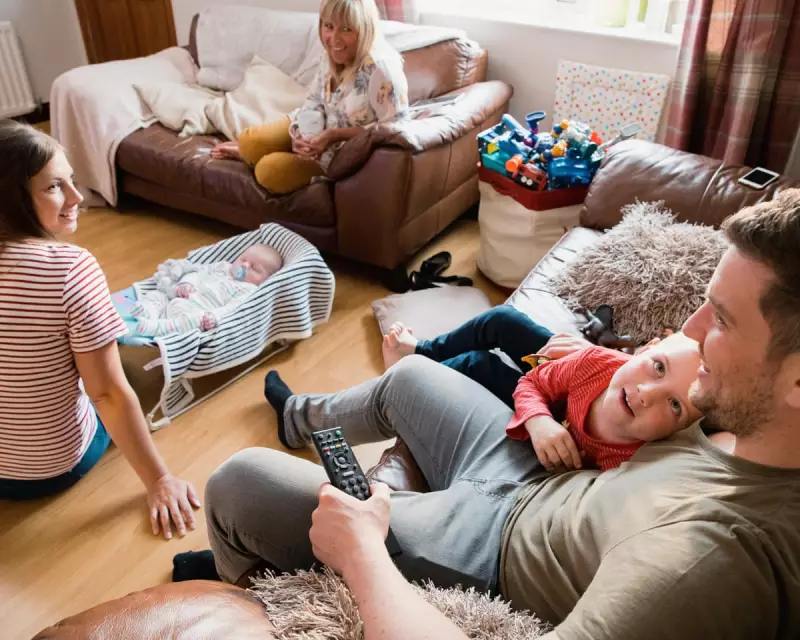
Across Britain, a quiet revolution is taking place behind closed doors. The traditional living room, once the heart of every British home, is disappearing from our floor plans as families embrace more flexible ways of living.
The Great British Living Room Makeover
From converted home offices in London terraces to makeshift gyms in Manchester apartments, homeowners are repurposing their front rooms to suit modern lifestyles. The formal sitting room reserved for special occasions and guests is becoming a relic of the past.
Why Are We Abandoning the Front Room?
The shift away from dedicated living spaces reflects several key trends in contemporary British life:
- The remote work revolution has transformed front rooms into permanent home offices
- Rising living costs are pushing families to maximise every square foot
- Changing social habits mean formal entertaining has become less common
- Open-plan living continues to dominate new build properties and renovations
Real Stories: How Brits Are Using Their Space
Families across the UK are getting creative with their former living rooms. One Brighton couple has converted their front room into a dedicated yoga and meditation space, while a Birmingham family has created a music room where their children can practice instruments without disturbing the household.
"We realised we only used our living room about three times a year," explains Sarah from Leeds. "Converting it into a home library and study space has transformed how we use our house day-to-day."
The Psychological Impact of Space Reclamation
Interior designers and psychologists note that this trend represents more than just practical space management. It reflects a fundamental shift in how we view our homes - not as status symbols with 'best rooms' kept for show, but as functional spaces that serve our actual needs.
What's Replacing the Traditional Living Room?
- Multi-functional spaces that serve as work, leisure and family areas
- Dedicated hobby rooms for everything from art studios to home cinemas
- Extended kitchen-diners that become the true heart of the home
- Wellness spaces for exercise, meditation and relaxation
This reimagining of domestic space raises questions about the future of British home design and whether the living room will eventually disappear altogether from our architectural blueprints.





